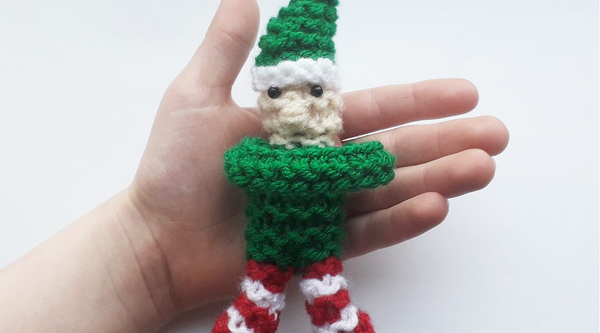Repetitive behaviour and dementia
People with dementia often carry out the same activity, make the same gesture, say the same thing, make the same noise or ask the same question over and over.
Behaviour changes
- How does dementia change a person's behaviour?
- What causes changes in behaviour in people with dementia?
- Reducing and managing behaviour that challenges
- You are here: Repetitive behaviour and dementia
- Trailing, following, checking and dementia
- Dementia and hiding, hoarding or losing things
- Loss of inhibitions and dementia
- Restlessness and agitation in dementia
- Social withdrawal and dementia
- Behaviour that challenges - looking after yourself
What causes repetition in people with dementia?
Repetition may be because of memory loss. The person might not be able to remember what they’ve done or said, or the answer they received to a question. For example, they may keep checking they have their wallet or handbag with them, or keep checking their fridge to make sure they have enough food.
It is very likely the person does not know they keep asking the same question or repeating the same action. Often if someone is repeating the same question, they need an emotional rather than factual response. This may be because the person feels confused or anxious. They need comfort, security or to feel included or reassured rather than the repeated answer to their question. For example, if they keep asking what day it is they may need reassuring they haven’t forgotten something rather than needing to know that it’s Monday.
Tips for managing repetitive behaviour
- Try to be patient and keep your tone level and calm.
- If the person keeps asking about the time or date, consider putting a calendar or clock somewhere they can easily see it.
- Think about what need might be behind the behaviour. For example, if the person keeps asking if they’ve been to the supermarket, they may be worried about running out of food.
- If the person keeps looking for a particular item, have an allocated place for it that is easy to see and access.
- Look at what may be triggering the behaviour – for example, does this happen the same time of day or around the same people? See our information on identifying triggers.
- The person’s life history is helpful to bear in mind. For example, if they used to work in a café, restaurant or pub, they may feel the need to keep wiping down surfaces.
- Distracting the person or engaging them in an activity they enjoy can help to shift their focus onto something else.
- Sometimes the person’s repetitive actions seem anxious – for example they repetitively zip and unzip their cardigan, twist their fingers or keep taking their glasses off and putting them back on again. If so, there may be products that can help to provide reassurance such as fidget or twiddle muffs or sensory blankets. You can find more ideas in our online shop.
- If the behaviour is not harmful or causing a problem, accept that the person finds it comforting and reassuring and let it be.
See our practical tips for what to do if someone is forgetting recent conversations or events.
You may also find it helpful to read our tips for communicating with a person with dementia.
Helpful products
Our Alzheimer's Society shop has a range of products that help support the person with dementia. Take a look at what's available.









